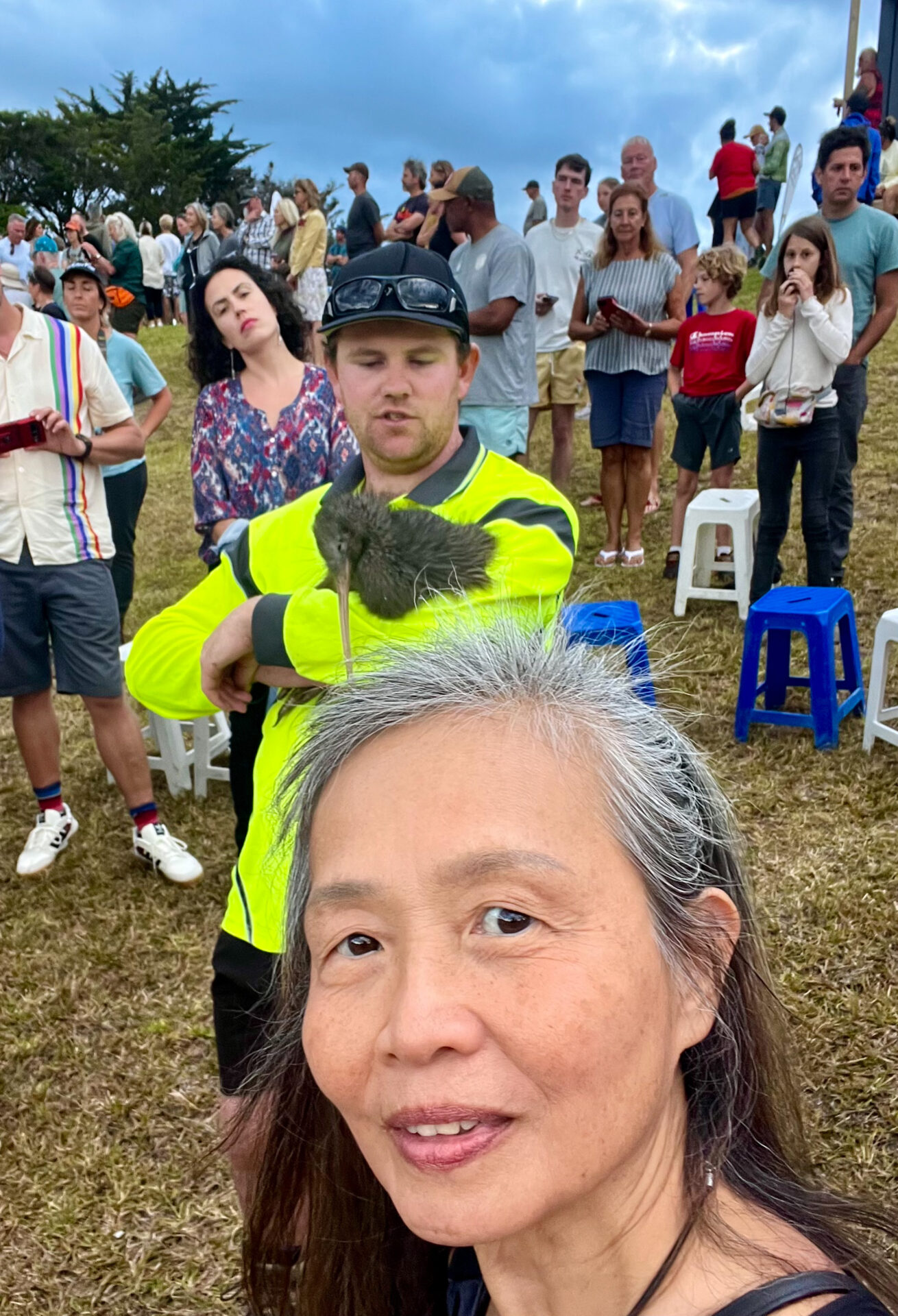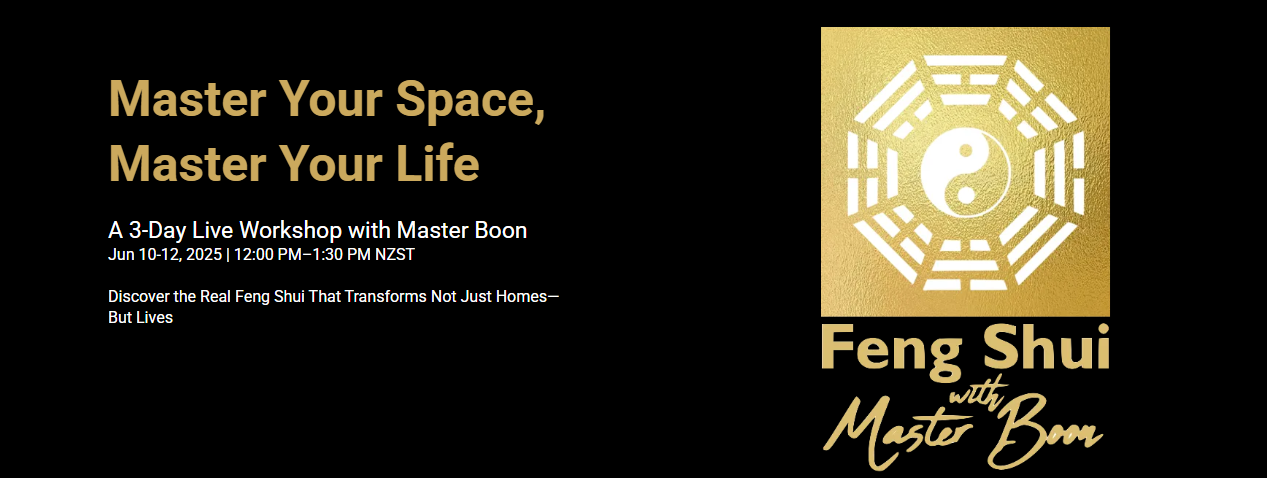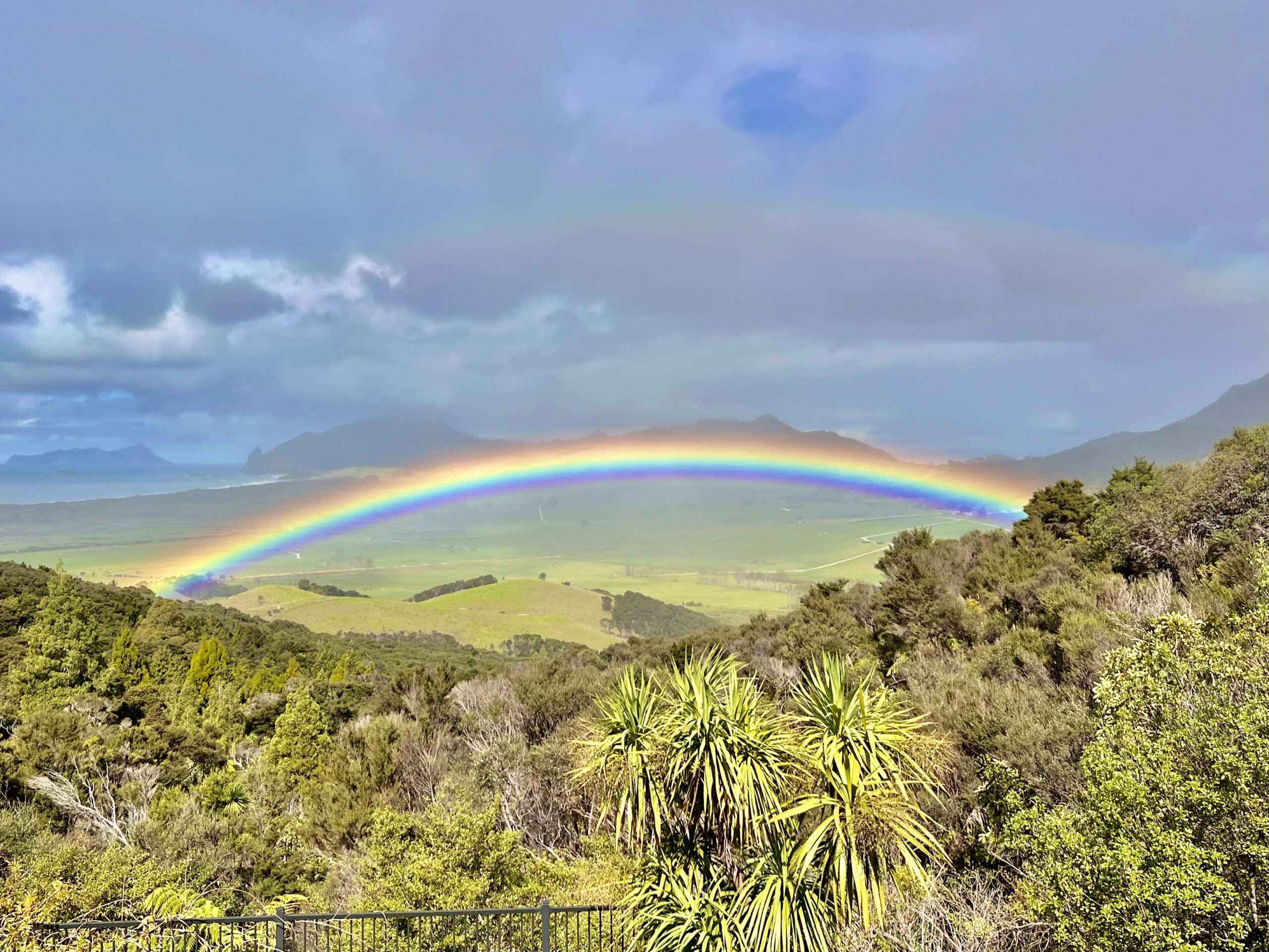A Heartfelt Thank You
To all of you who participated in my three-day Feng Shui Workshops since they began just over a year ago, the kiwis, Backyard Kiwi and myself thank you .
I write to update you on your generous donation to my kiwi cause. Your generosity continues to contribute to the thriving kiwi population at Whangārei Heads. This 6000 hectare / 15000 acre paradise I’ve dubbed The Land of the Three Dragons because of the unique landforms comprise of mixed land use – from a small village and lifestyle blocks to grazing and pristine forests.
Your donations have made you part of something greater—an enduring legacy of conservation. Through you contribution, as a proud sponsor of Backyard Kiwi, I am thrilled to share with you yesterday’s special kiwi release event. It was a rare opportunity to witness first-hand the results of the dedicated conservationists and community members’ collective efforts—kiwi returning to their natural habitat.
Of all the incredible kiwi conservation efforts in Aotearoa, I have chosen to champion Backyard Kiwi. Their hands-on, community-driven approach resonates deeply with my belief in harmony between people, land, and nature.
The Bigger Picture: Where Backyard Kiwi Stands in Conservation
New Zealand’s kiwi conservation is a vast, coordinated effort spanning national organizations, local community groups, iwi, and dedicated individuals.
At the national level, Save the Kiwi—originally the BNZ Kiwi Recovery Programme—has been at the forefront since 1991. Partnering with DOC (the Department of Conservation) and other key stakeholders, they fund and guide conservation projects, ensuring a unified approach to protecting our national bird. DOC itself plays a crucial role in habitat restoration, predator control, and initiatives like Operation Nest Egg™, where eggs are safely hatched and chicks raised until they can fend for themselves in the wild.
Alongside these major players is Predator Free New Zealand Trust, a movement working toward the ambitious goal of eradicating introduced predators by 2050. Their mission directly supports kiwi conservation by eliminating threats like stoats, rats, and possums.
In the North, Kiwi Coast connects over 260 hapū, iwi, and community-led projects, creating a vast predator-controlled corridor where kiwi can thrive.
Why Backyard Kiwi?
Amidst this nationwide conservation backdrop, Backyard Kiwi stands out for its deeply personal, hands-on approach. Operating in my very own neighbourhood what I have dubbed “The Land of the Three Dragons’ that is beautiful Whangārei Heads, Northland, this grassroots initiative is restoring kiwi numbers in a way that allows the local community to live alongside these taonga (treasures) once more.
On our 10-acre bush property, DiTianTai – The Harmonious Place where Heaven and Earth Unite – we are fortunate to have a resident pair in this home-range, and for their life span of 50 years! I often hear their calls echoing through the night outside my study. Over time, I’ve come to recognize the distinct calls of both the male and female. Their presence is also evident when I find signs of them rummaging through the mulch in search of insects. On occasion, we’ve caught a glimpse of them scurrying back into the bush. Reluctant to disturb them, I’ve refrained from actively seeking them out, allowing them their peaceful existence.
By tracking kiwi movements, educating landowners, and implementing predator control, Backyard Kiwi has helped transform Whangārei Heads into one of the few places in New Zealand where kiwi numbers are not just stable but increasing. Their work is a blueprint for success, proving that when a community takes ownership of conservation, extraordinary things happen.
Backyard Kiwi collaborates with Save the Kiwi, DOC, and local iwi, particularly Patuharakeke, ensuring their work aligns with national conservation goals while remaining locally driven and responsive.
Conservation Starts with Us
Kiwi conservation is not just about protecting a species—it is about restoring balance, rekindling our connection to the land, and ensuring that future generations will still hear the call of kiwi in the night. It is about taking responsibility for the impact we have on our environment and acting decisively to heal and protect it.
Thank you for being part of my journey. Your support makes a difference. Your donation and advocacy with hands-on conservation efforts of Backyard Kiwi, helps us move closer to a future where kiwi can once again thrive in Aotearoa.
With gratitude,
Master Boon
On our 10-acre bush property, DiTianTai – The Harmonious Place where Heaven and Earth Unite – we are fortunate to have a resident kiwi. I often hear their calls echoing through the night outside my study. Over time, I’ve come to recognize the distinct calls of both the male and female. Their presence is also evident when I find signs of them rummaging through the mulch in search of insects. On occasion, we’ve caught a glimpse of them scurrying back into the bush. Though I’ve been reluctant to disturb them, I’ve refrained from actively seeking them out, allowing them their peaceful
In New Zealand, kiwi conservation is a collaborative effort involving various organizations, with Save the Kiwi serving as a central coordinating body. Established in 1991 as the BNZ Kiwi Recovery Programme, this partnership between the Bank of New Zealand, the Department of Conservation (DOC), and the Royal Forest and Bird Protection Society has evolved over the years. In 2021, it adopted the name Save the Kiwi to reflect its mission more literally.
Save the Kiwi is a national charity dedicated to reversing the decline of kiwi populations. They raise and distribute funds to various kiwi conservation projects across New Zealand. They work closely with DOC, iwi (tribes), hapū (sub-tribes), and community-led kiwi conservation groups across Aotearoa. Their collective goal is to reverse the national kiwi population’s decline and create more kiwi-safe habitats. This collaboration ensures that conservation efforts are well-coordinated and effective.
The Department of Conservation (DOC) plays a pivotal role in kiwi conservation. Its overarching goal is to restore and enhance the abundance, distribution, and genetic diversity of all kiwi species. DOC’s strategy includes predator control, initiatives like Operation Nest Egg™ (which involves raising chicks in captivity for later release), research into genetics and habitat requirements, and increasing community and business involvement, especially on private lands where kiwi are found. Operation Nest Egg™ is a notable DOC initiative where kiwi eggs or chicks are collected from the wild, hatched in captivity, and raised until they’re large enough to defend themselves against predators. This method has significantly improved survival rates compared to wild-hatched chicks.
Predator Free New Zealand Trust advocates for community-led efforts to eradicate introduced mammalian predators. Their mission aligns with the broader Predator Free 2050 vision, aiming to protect native species, including kiwi, by eliminating threats like rats, stoats, and possums.
Kiwi Coast is a collaborative conservation initiative in Northland, Kiwi Coast connects over 260 hapū, iwi, and community-led projects. Their collective efforts focus on predator control and habitat restoration to support kiwi populations.
And finally, but not least at the grassroots is local community group Backyard Kiwi. Integral to these conservation efforts. They operate in specific regions, focusing on local kiwi populations. They collaborate with larger organizations like Save the Kiwi and DOC, ensuring that conservation strategies are tailored to local needs while aligning with national goals. This cooperation enhances the effectiveness of conservation initiatives across New Zealand.
Kiwi conservation in New Zealand is a concerted effort involving national bodies like Save the Kiwi and DOC, regional sanctuaries, and local community groups. Their collaboration ensures that kiwi conservation strategies are both comprehensive and locally relevant, maximizing the chances of success.
Backyard Kiwi operates in the Whangārei Heads area, Northland, New Zealand. This community-led conservation project focuses on increasing the local kiwi population by controlling predators, monitoring kiwi using radio tracking, and raising awareness among landowners about how to live alongside kiwi.
Backyard Kiwi works closely with Save the Kiwi, the Department of Conservation (DOC), and local iwi, particularly Patuharakeke. Their efforts have significantly increased the kiwi population in the area, making Whangārei Heads one of the few places in New Zealand where kiwi numbers are growing rather than declining.






